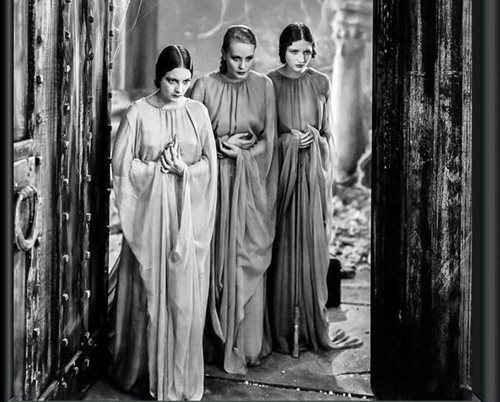Tweddell, Benjamin - Trackless Paths
Almost shameful how this striking author has been overlooked.
Then again, most of his works seem to have been with a minuscule press that sold to a handful, or to secondary resellers.
Tweddell is a masterful storyteller, mingling histories, myth and whispers, always in fine prose.
“A Crown Of Dusk And Sorrow” makes for a heady opener. Daniel had relocated to Quorts Moor following a visual epiphany; a sighting, an experience that left him thunderstruck. Alas, no matter how hard he tried, the frisson never repeated. Until the encounter with Silas, who soon leads him beyond, high beyond, to Woden’s Barrow, where Daniel is gifted with the curse of second sight.
Jacob, gradually losing his vision, isolates himself in a remote cottage. His nearest neighbor, across a deceptive creek, is Julius, a Catholic shunned by local folk. Julius had likewise gone blind earlier, only to have his sight miraculously return. The chapel, the shrine, the holy relic, are all used in a tale, steeped in faith and doubt, “The Veneration At Polwheveral Manor”.
Another lonely chapel, this one deep in the fens, irresistibly beckons Henry in “The Salix Arcanum”. Henry, trying to recover from a broken relationship has sought artistic refuge in rural oblivion. The small church, now abandoned, may have pagan origins. Locals, from simple stock to the vicar, try to caution Henry, appeal to his reason. And yet –
The collection concludes with “The Place Of Remaking”. Three childhood friends, aging member of the Kindred of the Kibbo Kift, reconvene at the bygone home. Bloodied by war, carnage, and too much death, the men are soured, cynical. Nevertheless, the tale is one of redemption and reawakening.



